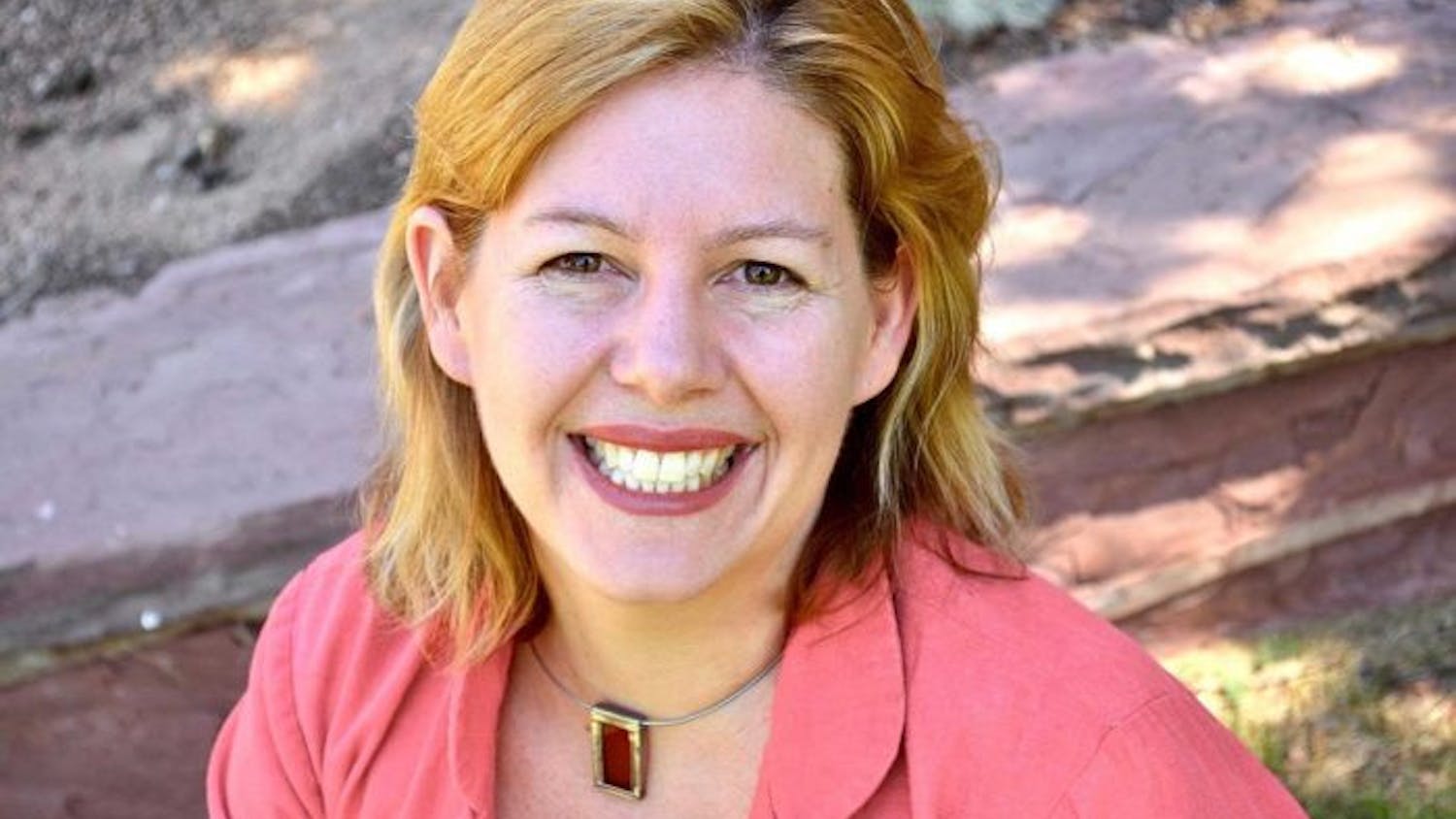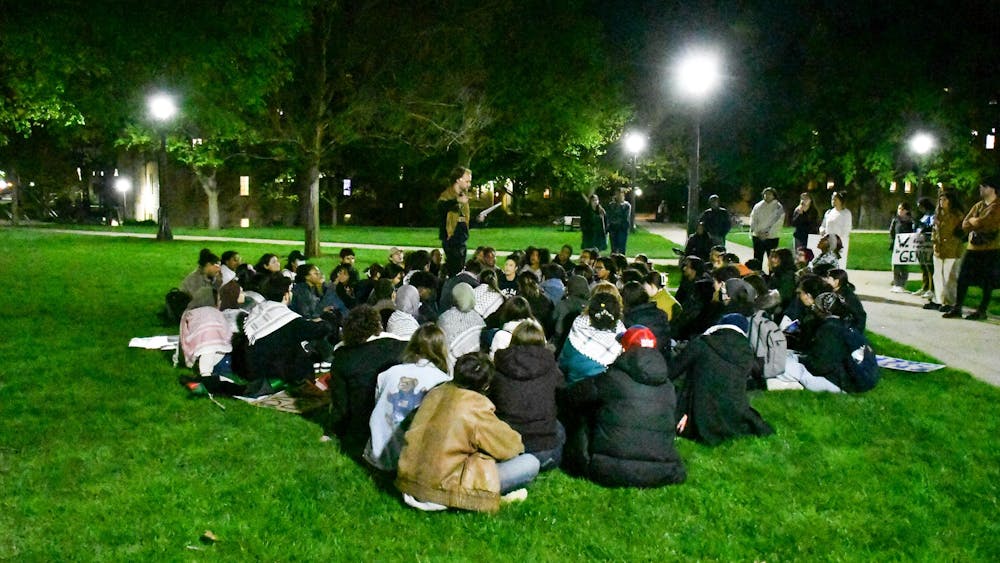“Let each citizen remember at the moment he is offering his vote that he is … executing one of the most solemn trusts in human society for which he is accountable to God and his country.”
These are the words of Samuel Adams, one of our nation’s founding fathers who played a key role in formulating what would become the great American experiment. The ability for citizens to vote in elections is fundamental to any functioning democracy. It’s the most effective way for people to be involved in the political process, and it bridges the gap between individuals and their governments in a way which holds elected officials accountable to remain of the people and for the people. Not only is voting a fundamental concept of democracy –– it is a fundamental right. That’s why, throughout history, people of color and women in America have taken to the streets, formed committees and fought to be able to practice this right which they were initially denied.
So, voting is important, and everyone should do it. But why is it so hard? Shouldn’t voting — this core concept which keeps our democracy functioning — be as easy and accessible as possible? Why, in a country as technologically advanced and wealthy as the United States, is the voting system distrusted, antiquated and exclusive? These problems will only be exacerbated as we head into a historic and transformative presidential election in the midst of a global pandemic. Voters this year face the challenge of possibly risking their health in order to vote, and political leaders seem nowhere near making any progress toward a consensus on how to give people the chance to turn out and vote in a safe yet secure manner.
Even without the pandemic, voter turnout in the United States is dismayingly low. In the 2016 presidential election, approximately 60% of eligible voters actually voted. That’s 138 million people out of what could have been 232 million if every eligible voter (meaning every American citizen over the age of 18 who can legally vote) filled out a ballot. These numbers only drop for midterm elections when Americans aren’t voting for presidents. Think about this for a moment and imagine how things would be different if everyone who could vote actually did. If democracy were like a pizza pie, then only half of the country is taking a slice. Weird metaphor, but doesn’t thinking about all that leftover pizza just sitting there, uneaten, make you pretty upset? Well, so should all of those hundreds of millions of possible votes just sitting there, uncast.
However, I don’t believe it’s the people’s fault that voter turnout is as low as it is. American voters face more obstacles than other established countries when it comes to casting their ballots. First, we require a separate registration process rather than automatically registering citizens once they turn 18. It’s just in this first step where we lose so many potential voters, as those who are registered are more likely to actually end up voting than not voting. Additionally, in some states including my home state of New Jersey, it’s not possible to register online. I think it’s unlikely that people who aren’t interested in the political process will take the steps of printing the registration form, filling it out and mailing it in. Second, elections are held on Tuesdays, creating a scheduling conflict and an extra challenge for the many Americans who are busy working, going to school, parenting or just going about their lives.
Third, many aspects of the voting system result in discrimination toward minorities, making it more difficult for Black and Hispanic Americans to cast their votes. Voter ID laws, which require individuals to show an ID card at the polls, create an obstacle for many eligible voters. These IDs can be expensive, and millions of Americans (11% of citizens) lack the necessary government-issued documents to qualify for an ID card. The challenges posed by the ID laws affect minority populations to a greater extent, as 25% of Black voters lack an ID compared to 8% of white voters. This creates a sort of “democracy gap,” underlined by the disparities in voter turnout between white voters and minority voters. Knowing all of this, how can America live up to its full potential if a significant portion of its population has unequal access to their democratic right and duty to vote?
In order to begin to solve the challenges facing this country — whether it’s the effects of the pandemic and the economic crisis it has brought about or the racial injustices which continue to plague too many aspects of society — we must make it easier for everyone to be able to participate in the democratic process. Whether that’s by automatically registering every citizen when they turn 18, making election day a national holiday, reevaluating and possibly getting rid of voter ID laws that often do more harm than good or increasing education on the voting process; something must be done to make voting easier and more accessible. This is probably one of the only political issues that’s completely nonpartisan: Making it easier to vote doesn’t favor one party over the other but rather favors democracy and a more just nation overall.
Megumi Tamura is a freshman in the Gateway Program. She is originally from Ridgewood, New Jersey and enjoys going to museums, watching political debates,and eating Jersey bagels. She can be reached at mtamura@nd.edu or @megtamura on Twitter.













